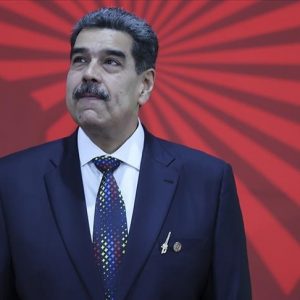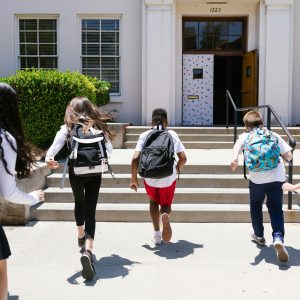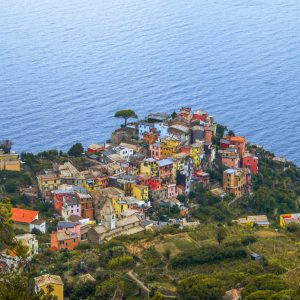Guyana hosts symposium on Islam’s influence in the Caribbean
-Goal of symposium is to highlight significant contributions of Muslims to rich history and culture of Caribbean
GEORGETOWN, Guyana – The President of the South American country of Guyana, Mohamed Irfaan Ali, has stressed the importance of eliminating misconceptions about Islam in multireligious societies.
He opened an international symposium in Guyana focusing on the history and heritage of Muslims in the Caribbean.
He urged participants to develop strategies for the future of the religion in the region.
The three-day event, a joint effort of the Government of Guyana, the Islamic History, Art and Culture Research Center (IRCICA), and the Organization of Islamic Cooperation (OIC), is designed to foster international cooperation among scholars and educators.
The goal of the symposium is to highlight the significant contributions of Muslims to the rich history and culture of the Caribbean, emphasizing unity, tolerance, and appreciation for religious diversity.
Ali pointed out that religion supports coexistence in a multicultural environment. He also highlighted the resilience, resistance, and pluralism of the Muslim experience in the Caribbean.
“It’s important because the context through which the conversation must develop is important, the context and that is why the intellectual power is designed behind the forum, because the intellectual power is to bring the history and context and then to build off that history and context and position us in the present day and then looking at challenges of the present day and the future and then to speak about the strategy forward,” said President Ali.
“We have to design a paper on Islam and multiculturism in the Caribbean because there is a mistaken view that somehow, Islam and the practice of Islam cannot survive or is different from a multicultural environment, that Islam actually promotes existence in a multicultural environment.”
IRCICA Director General Mahmud Erol Kilic acknowledged the role of the symposium in promoting the understanding of Muslim cultural heritage in the Caribbean.
Abdullah Hakim Quick, an envoy of IRCICA, added that experts will present evidence of the presence of Muslims in the Caribbean even before Columbus.
Sources include records from Spain and West Africa, maps, sculptures, and testimonies.
The symposium will also look at the arrival of Muslims during the Atlantic slave trade, revealing that 15-30% of enslaved Africans who came to the region were Muslim.
Discussions will also address the period of indentured servitude in the 19th century and explore the challenges associated with preserving religious and cultural identities.







